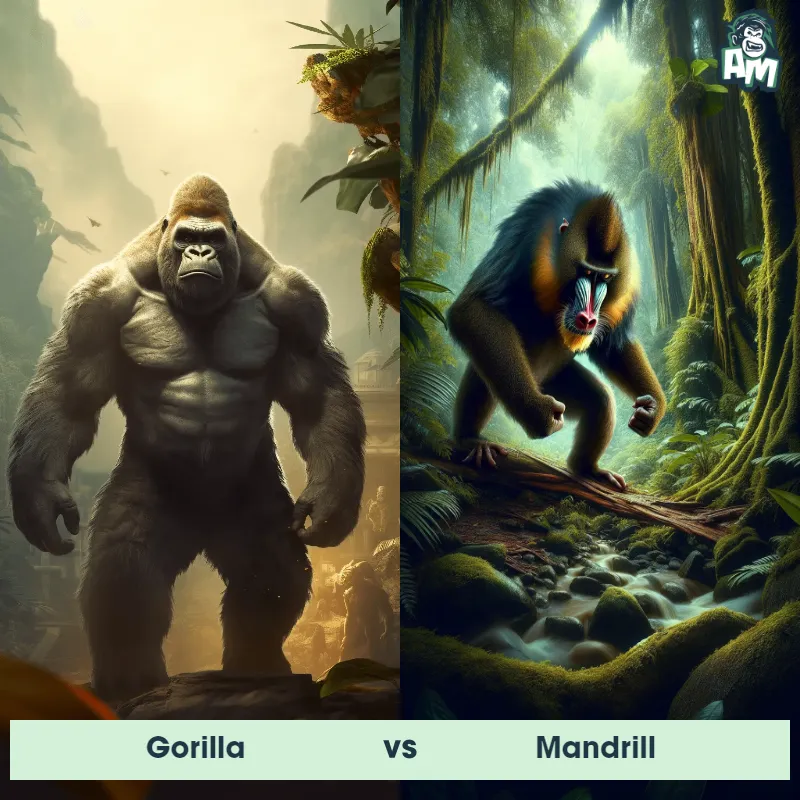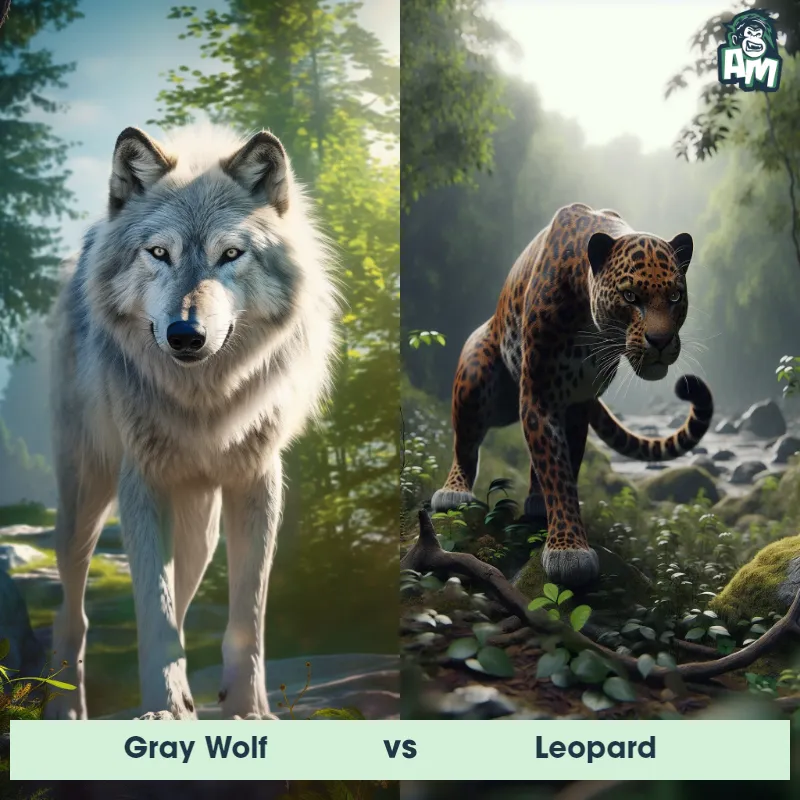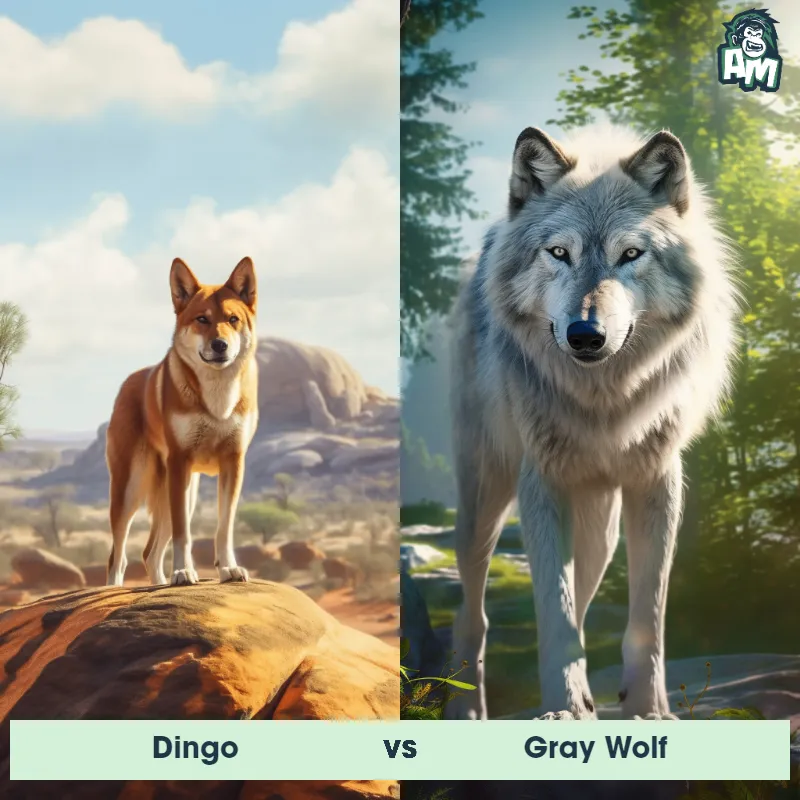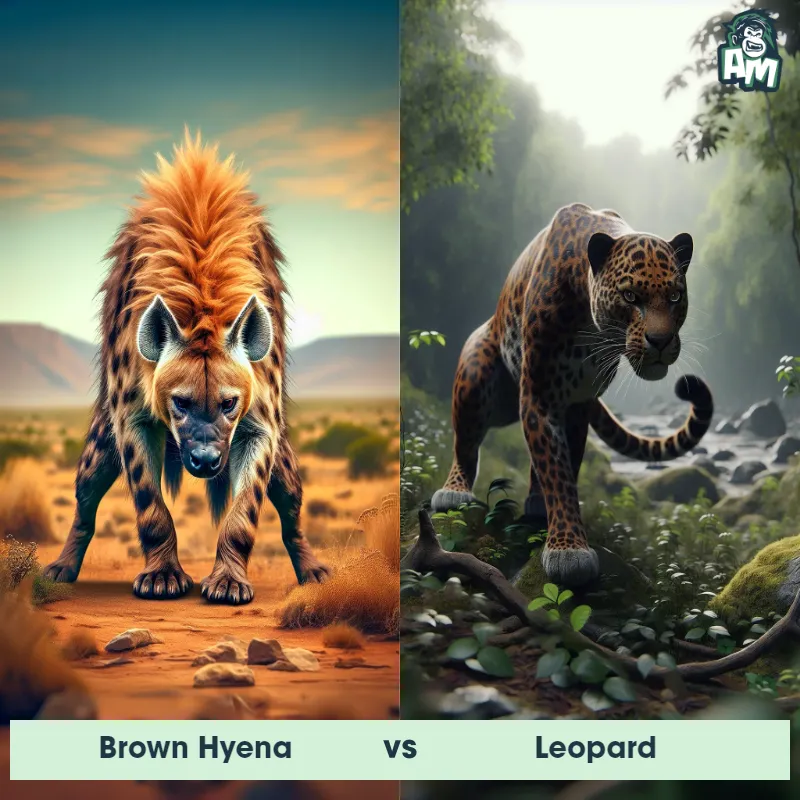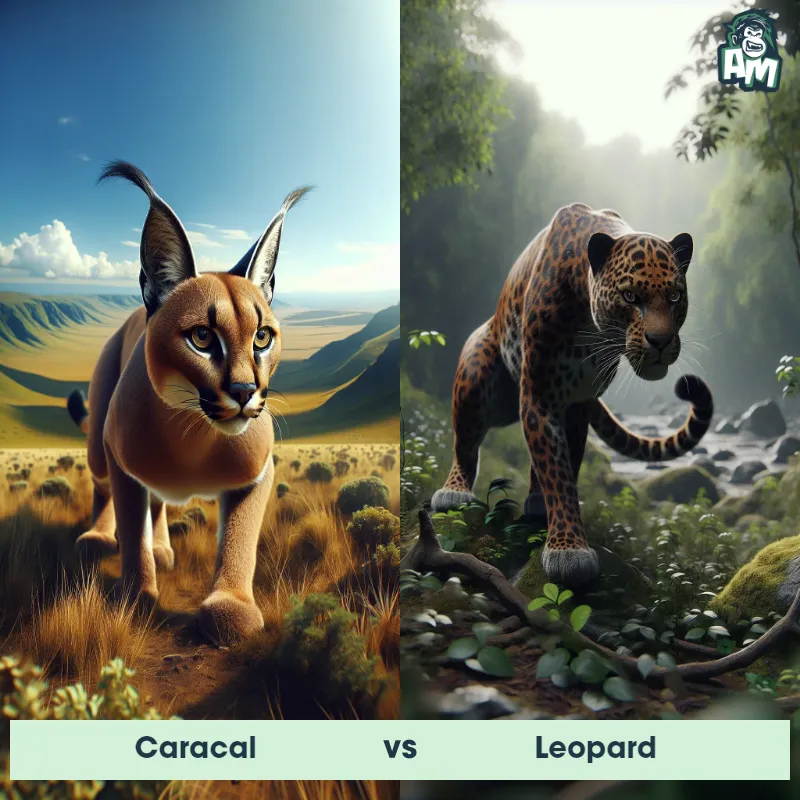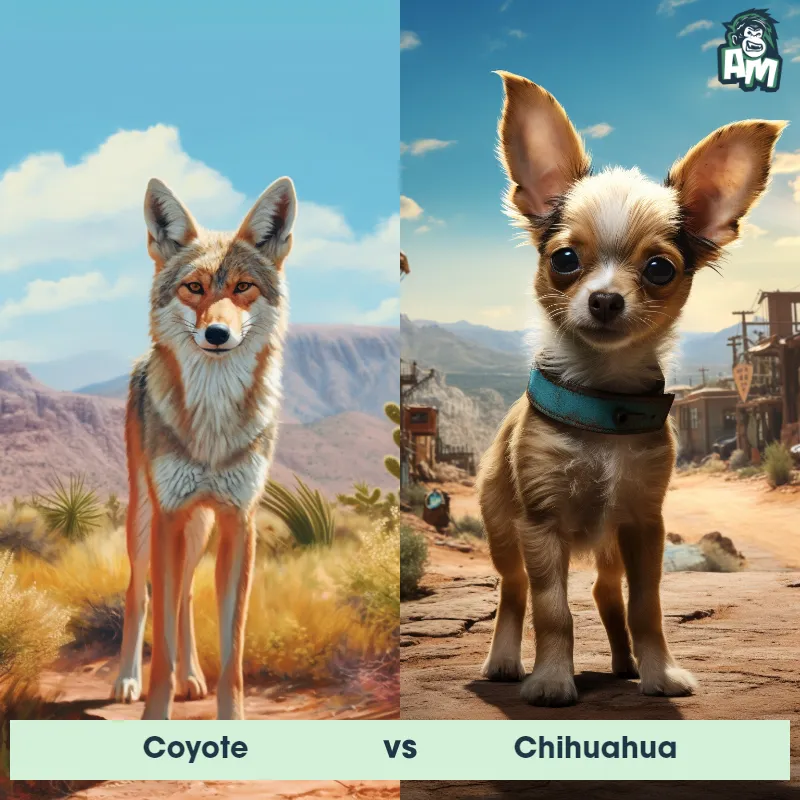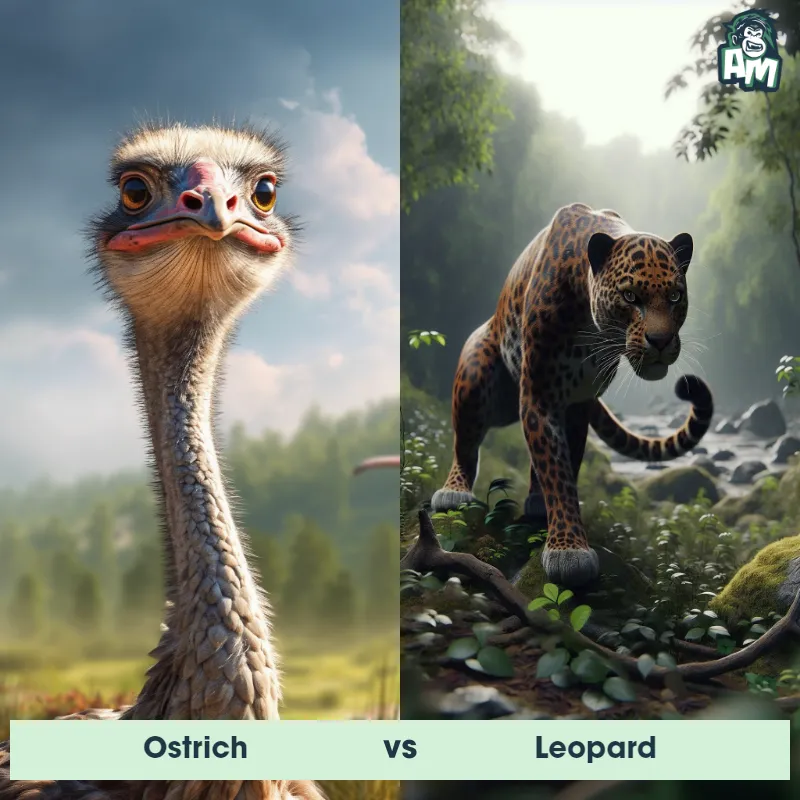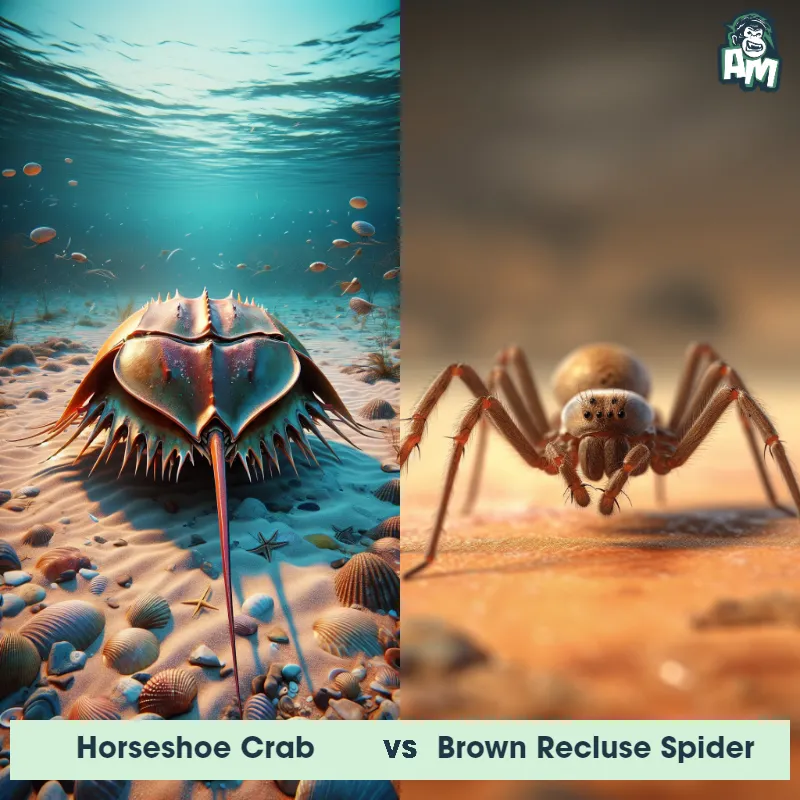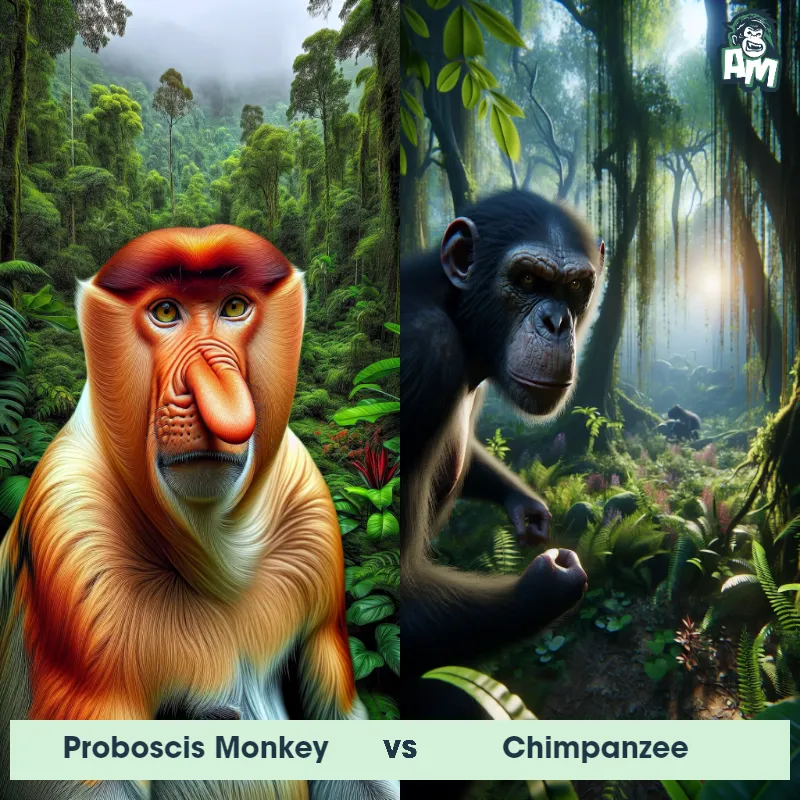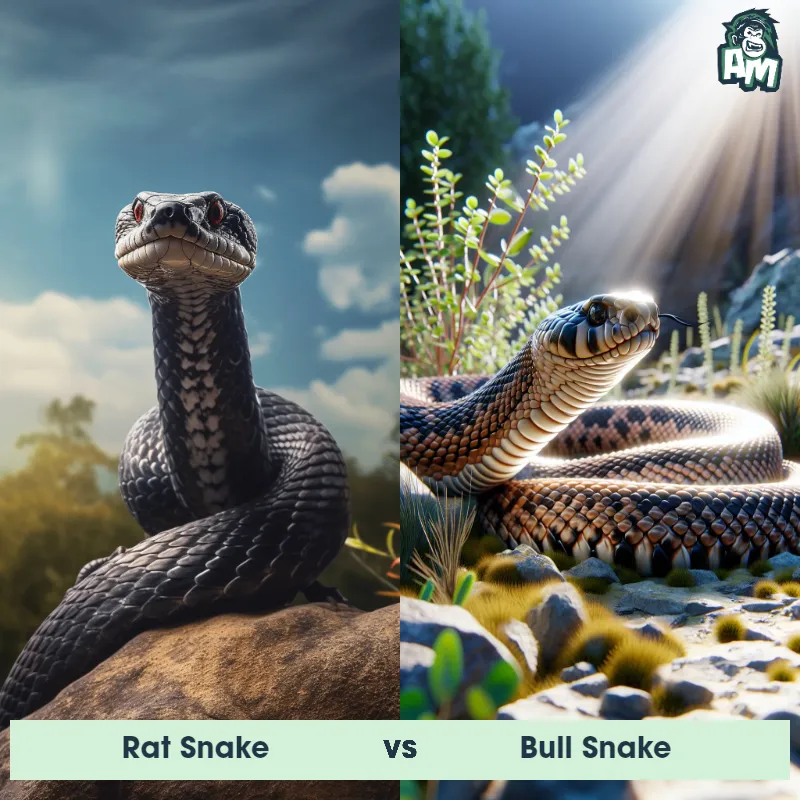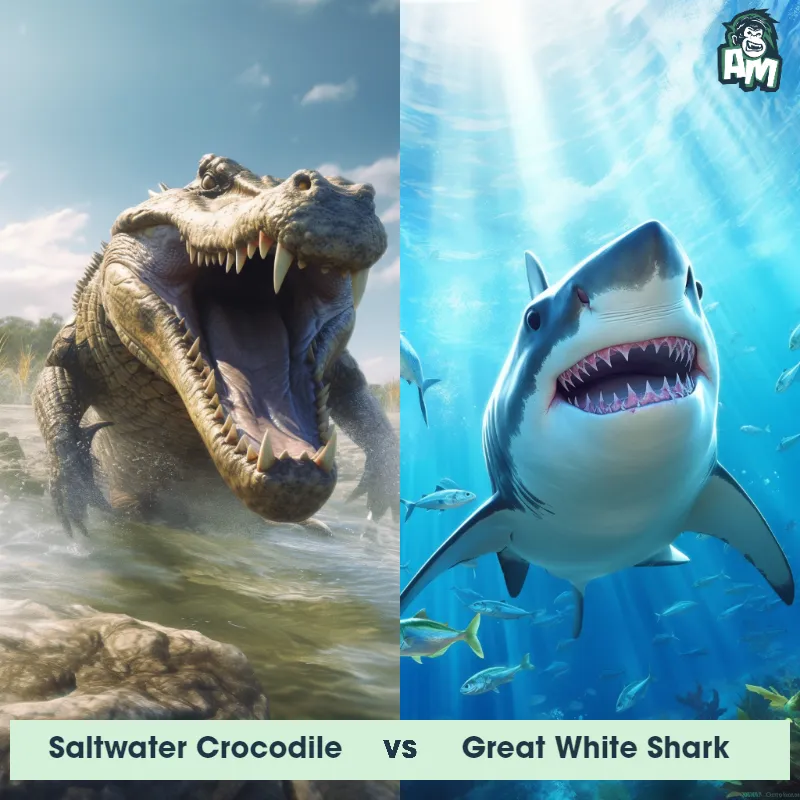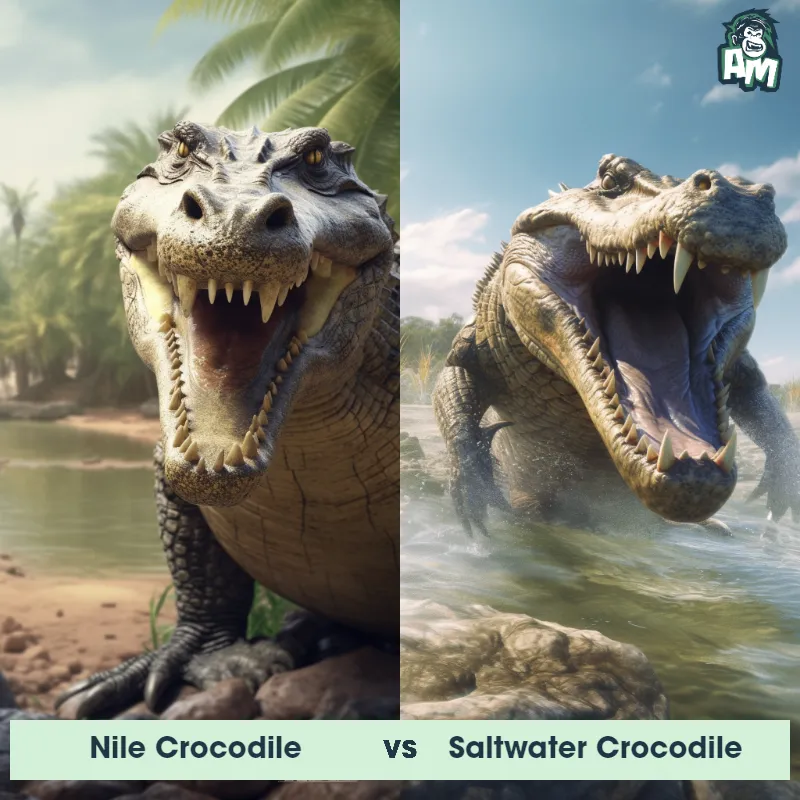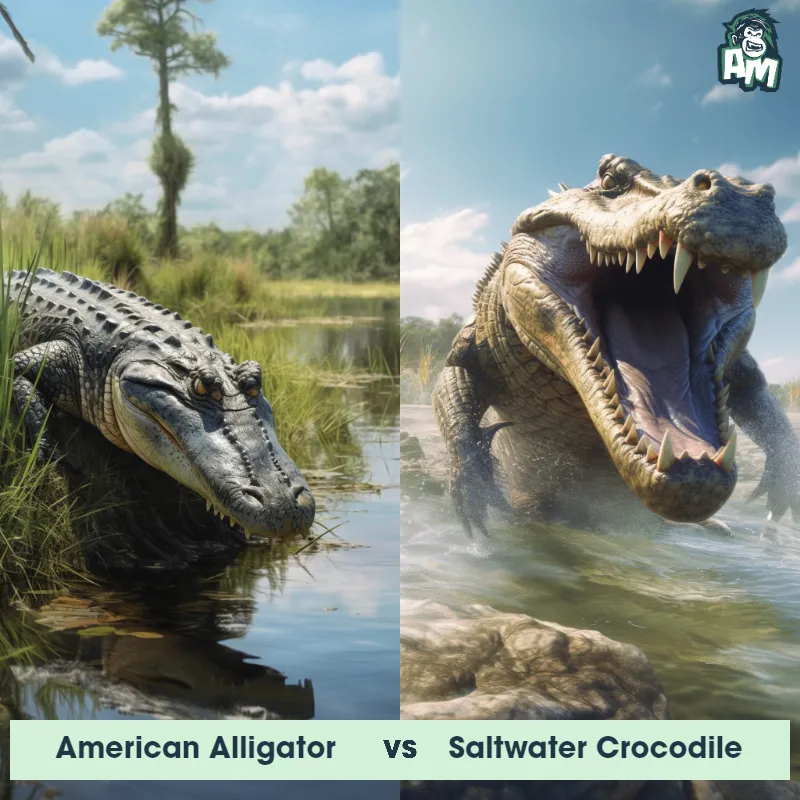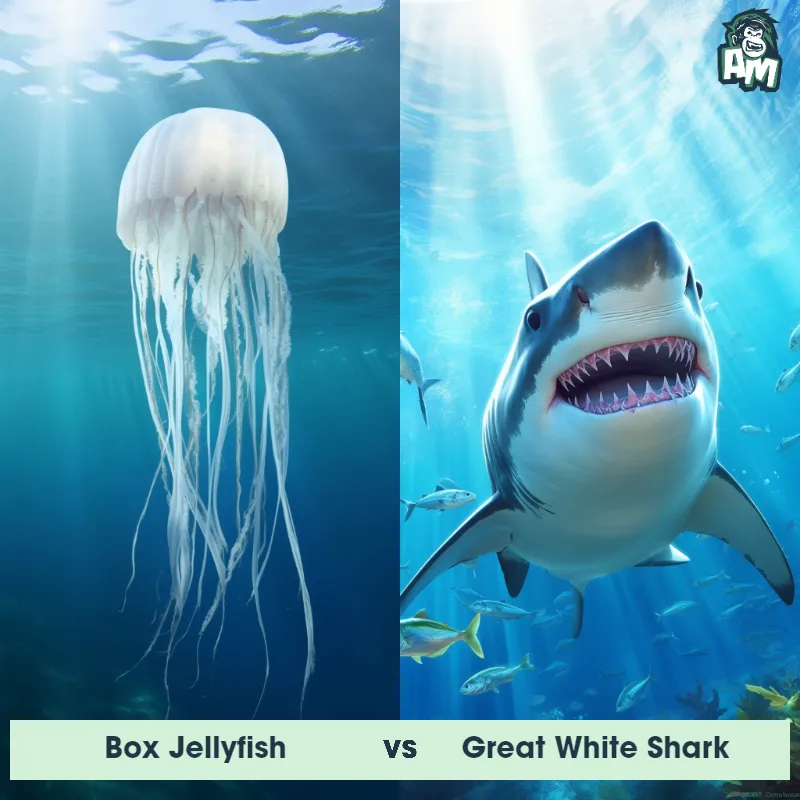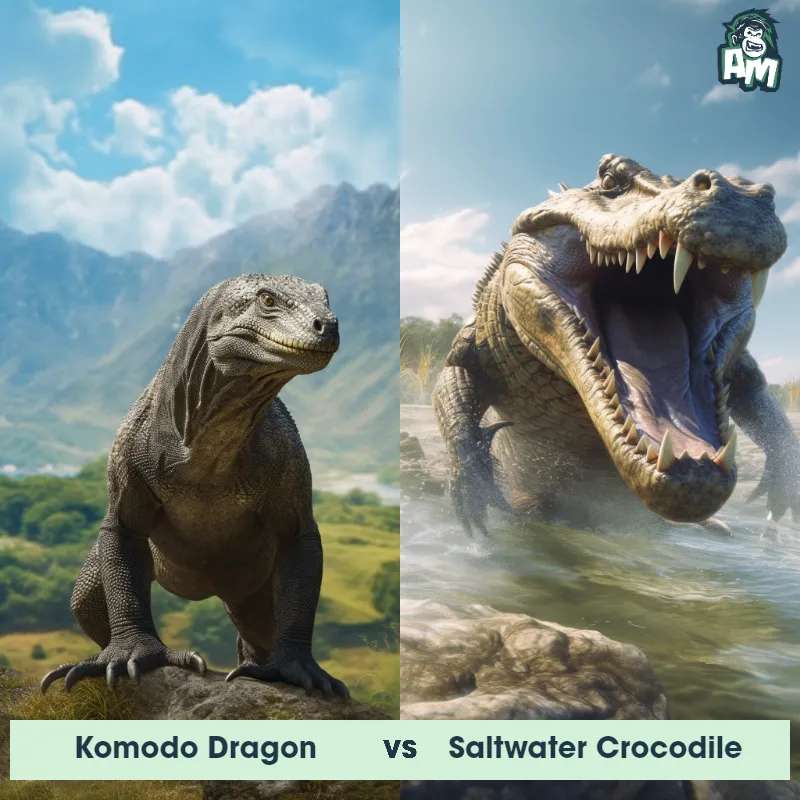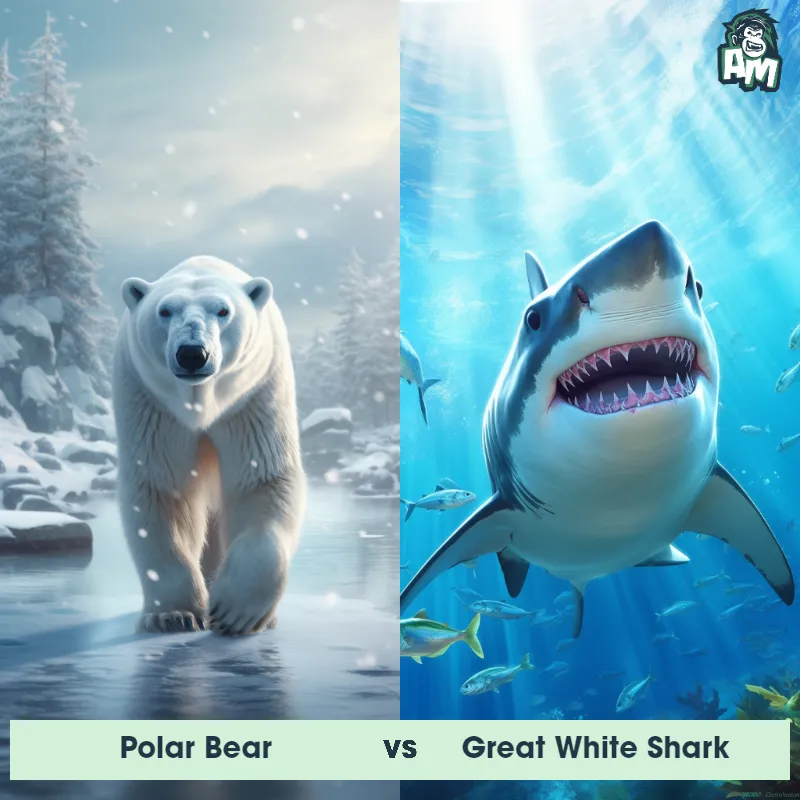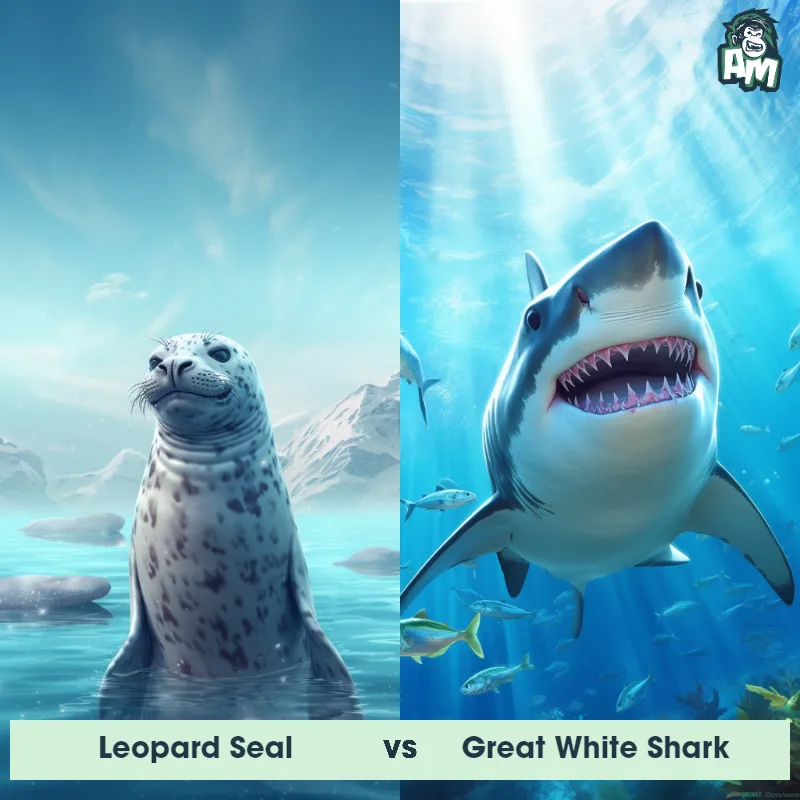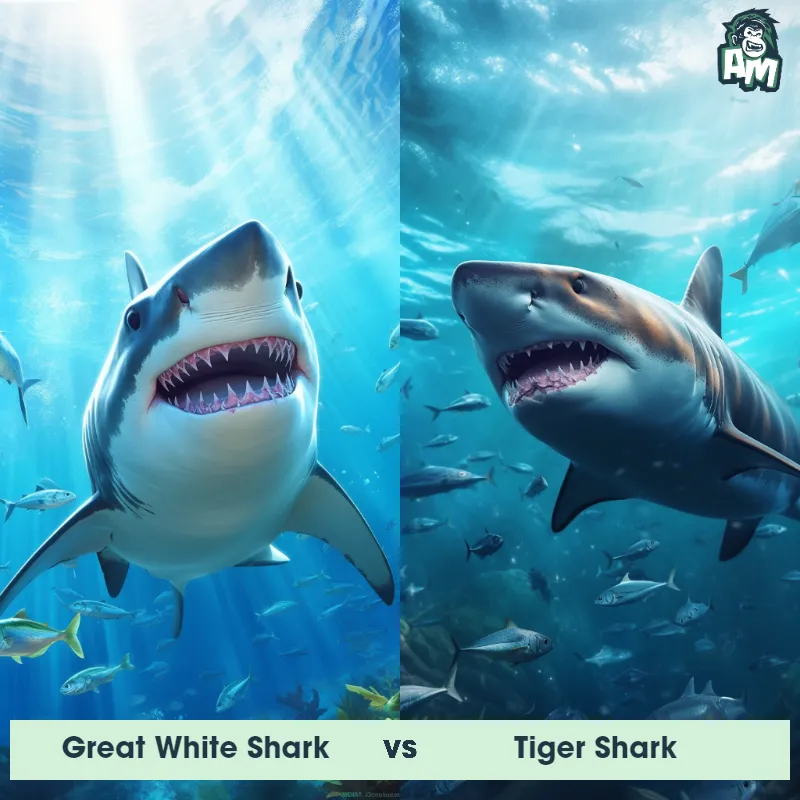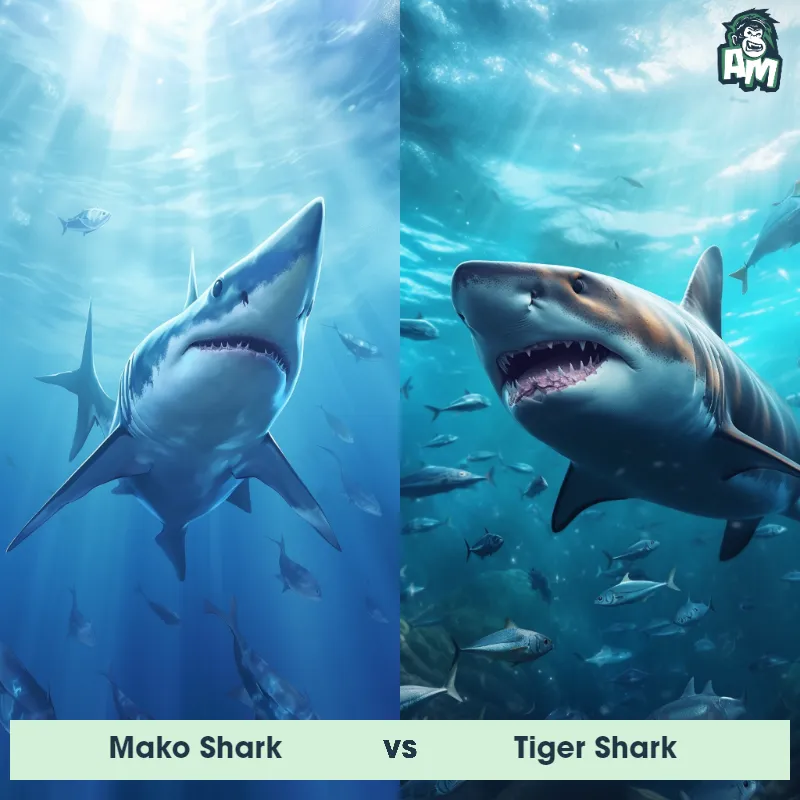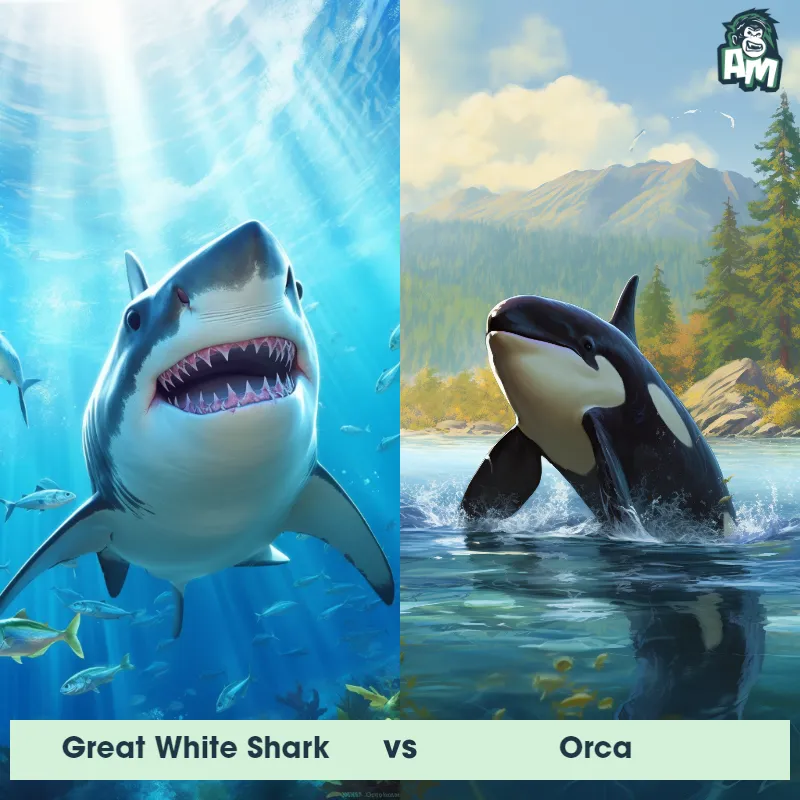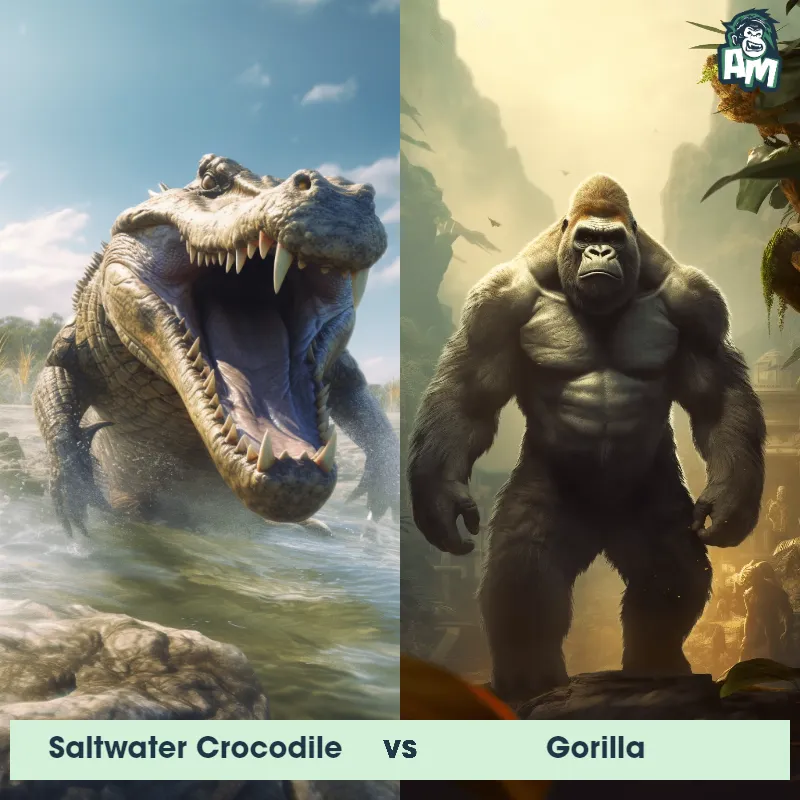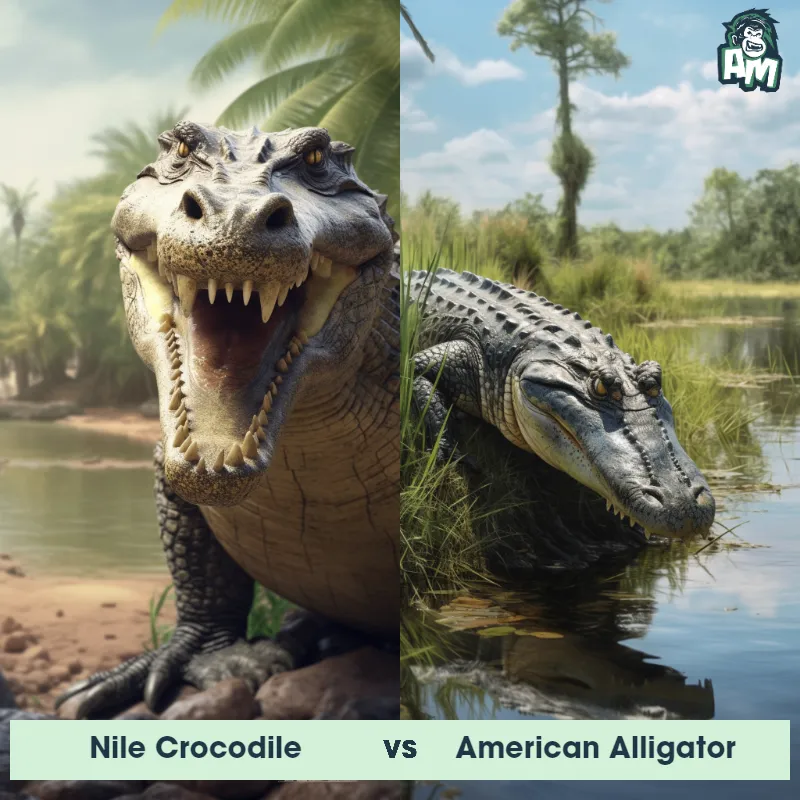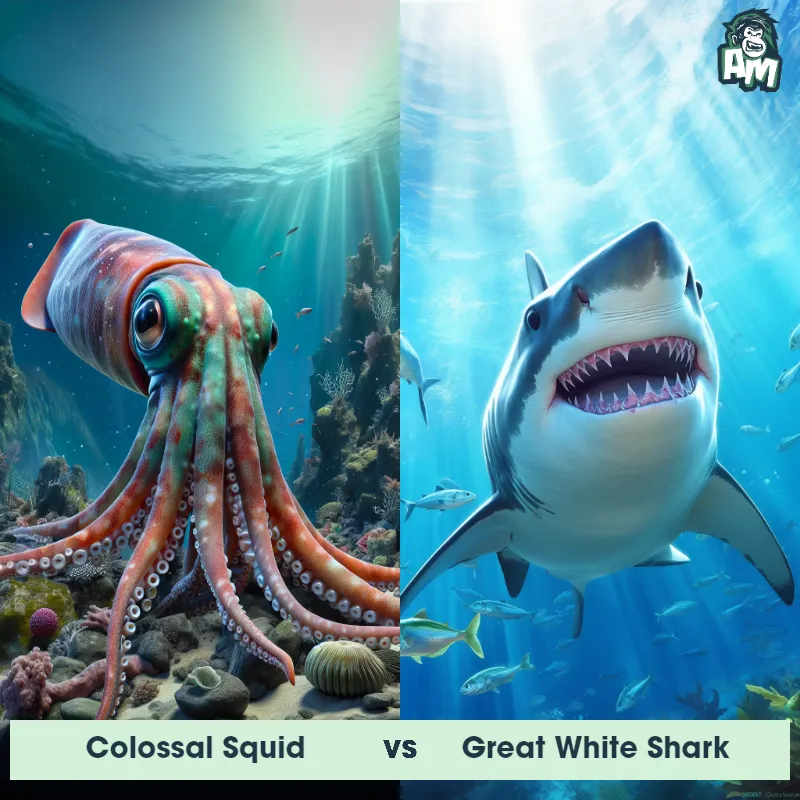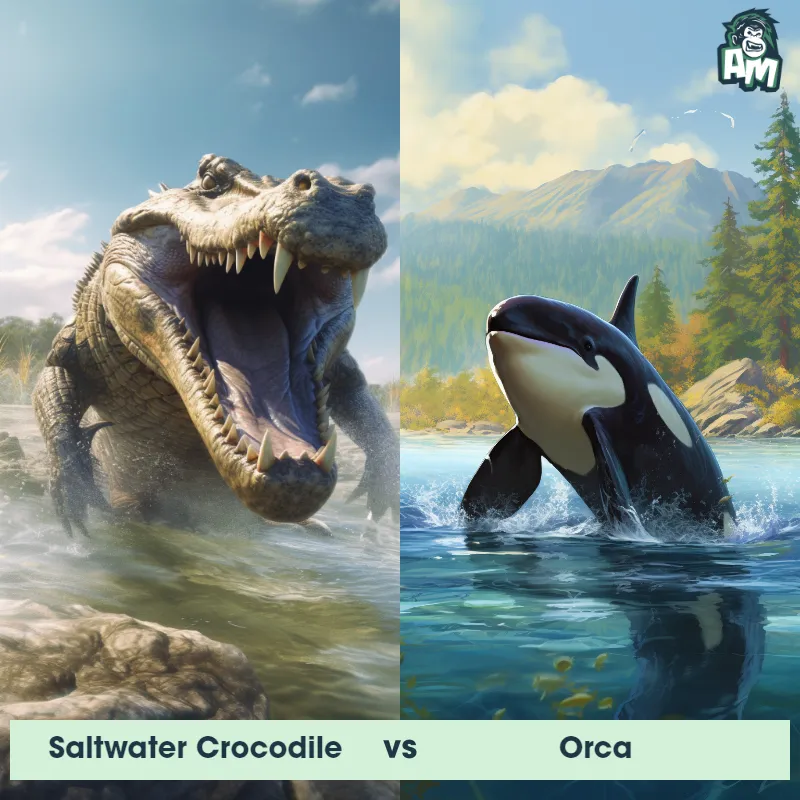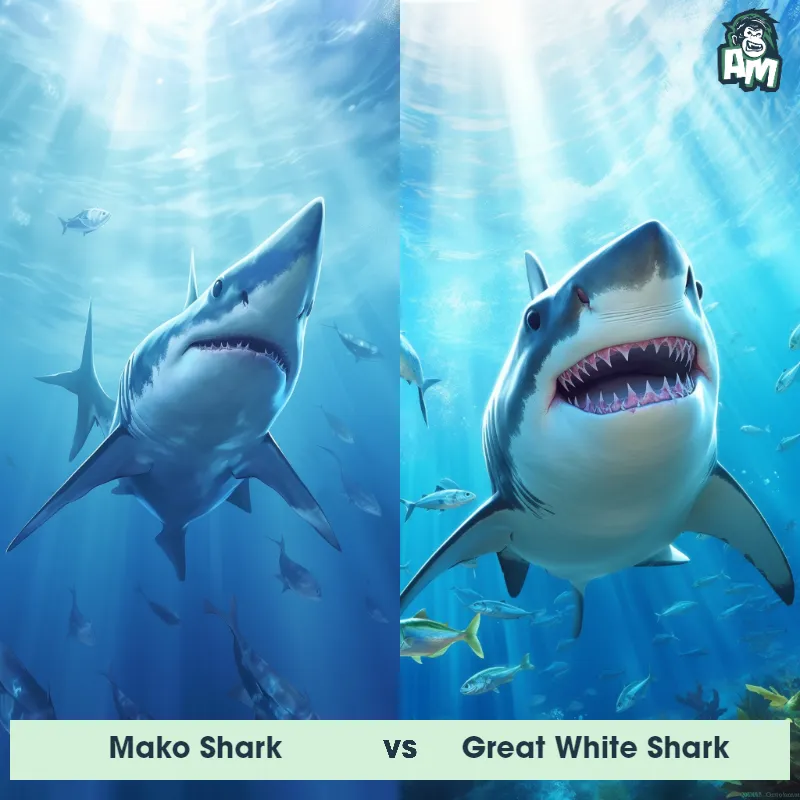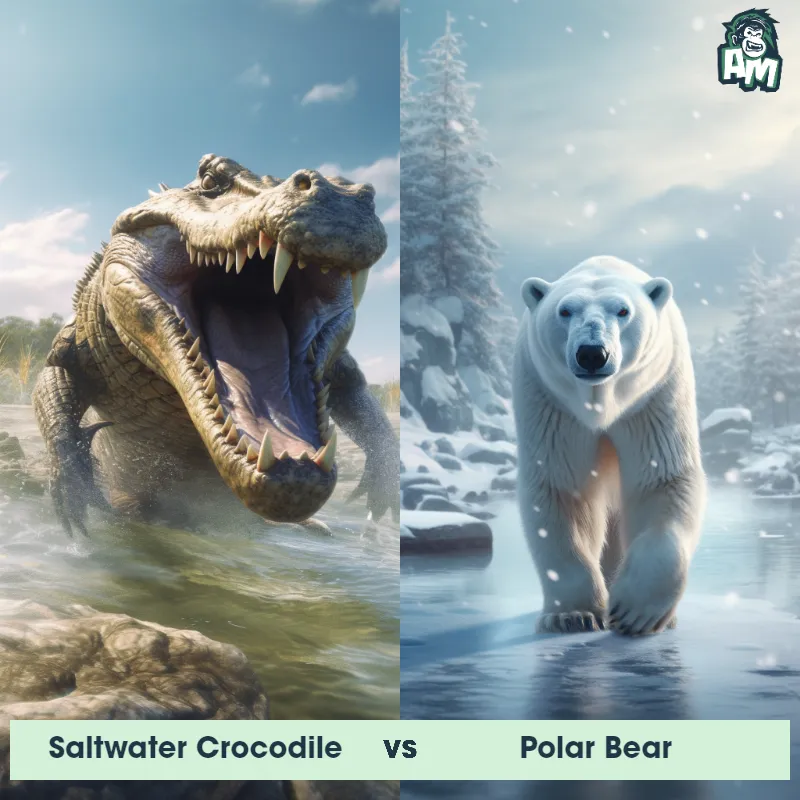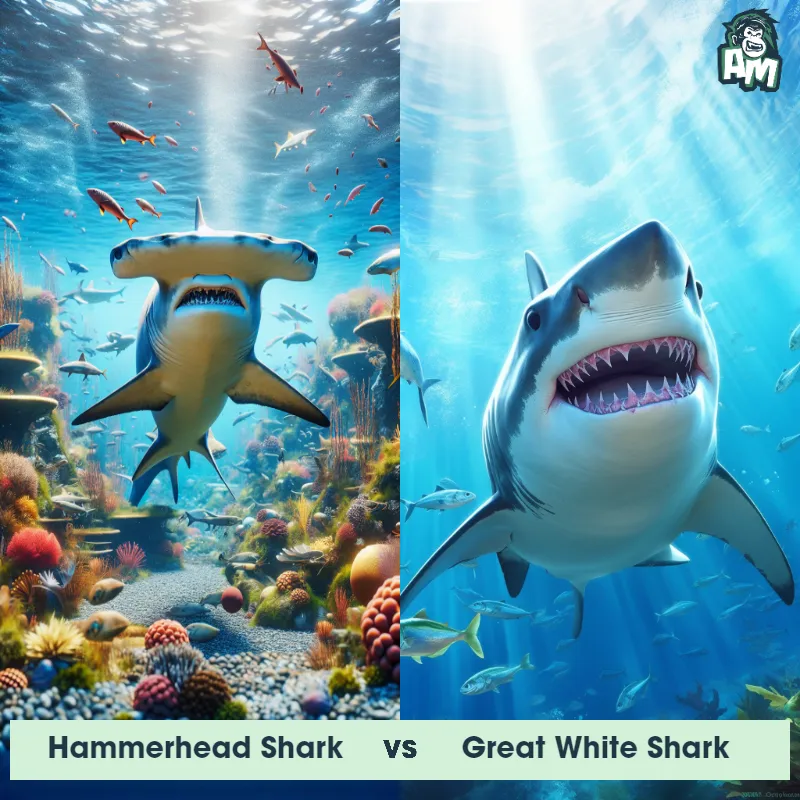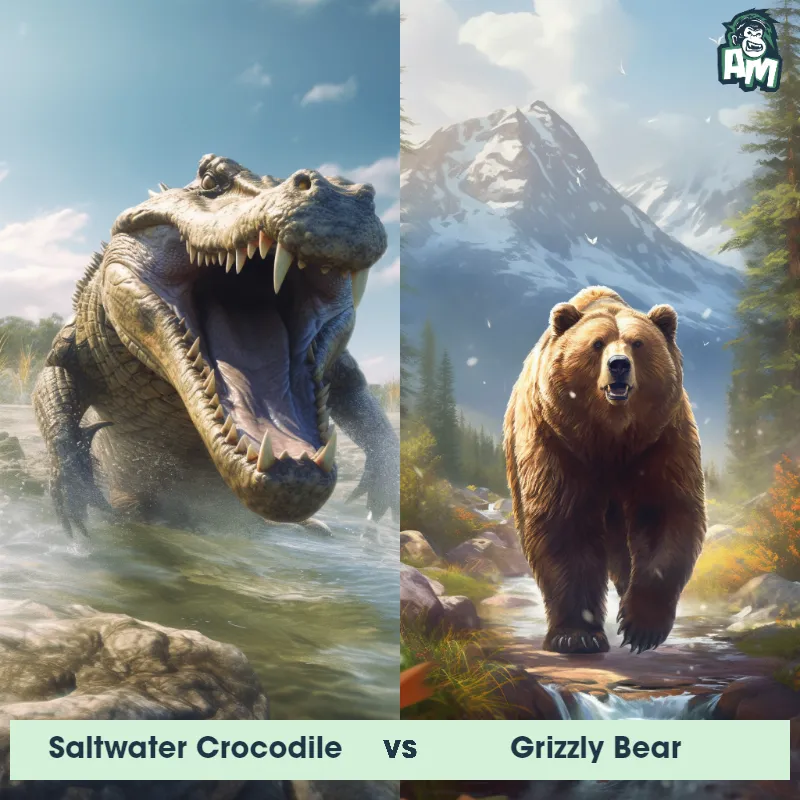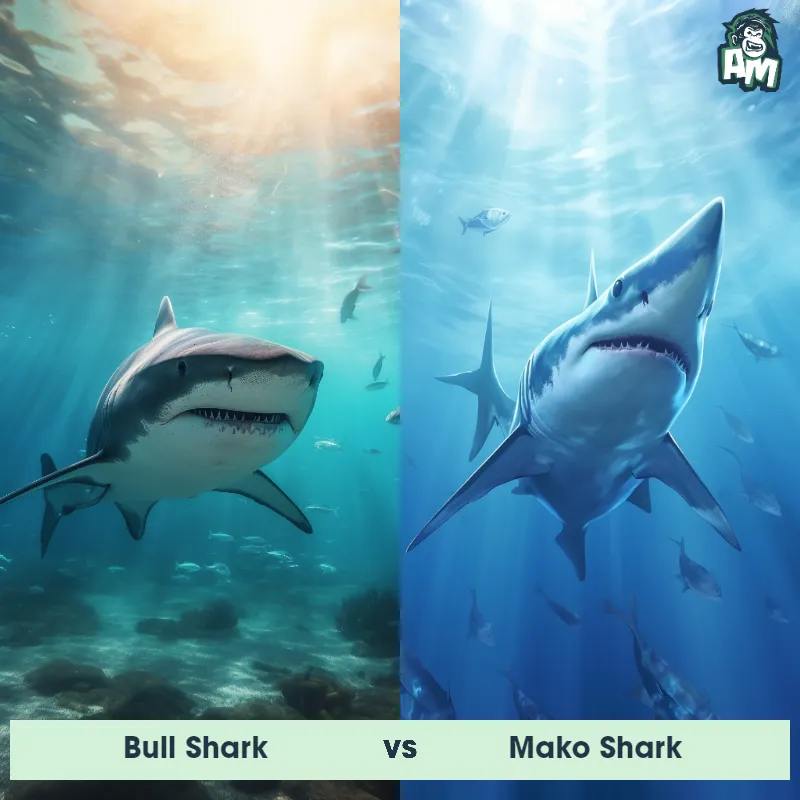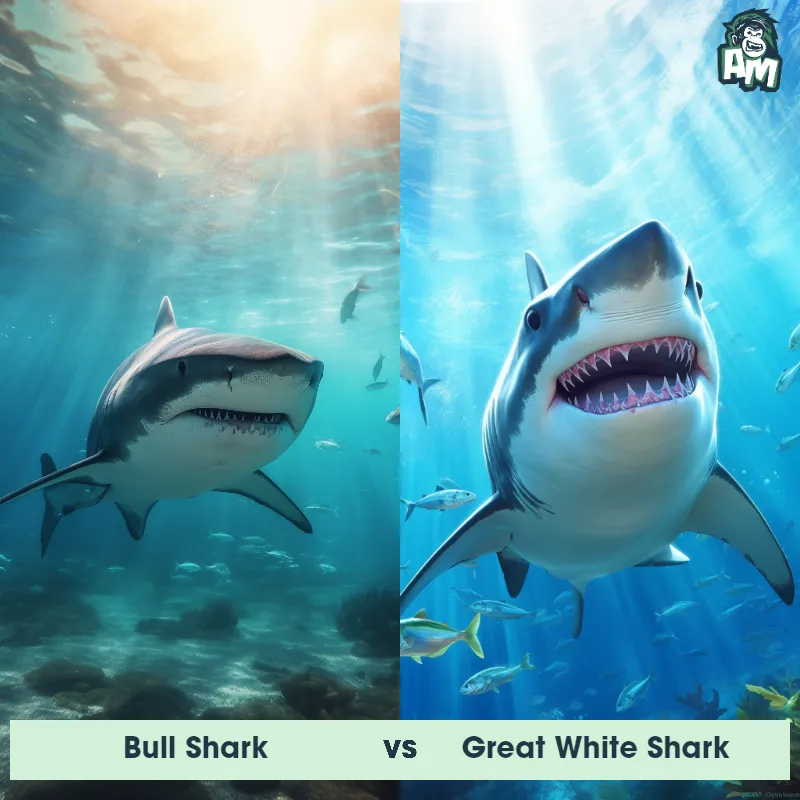Nile Crocodile vs Great White SharkSee Who Wins
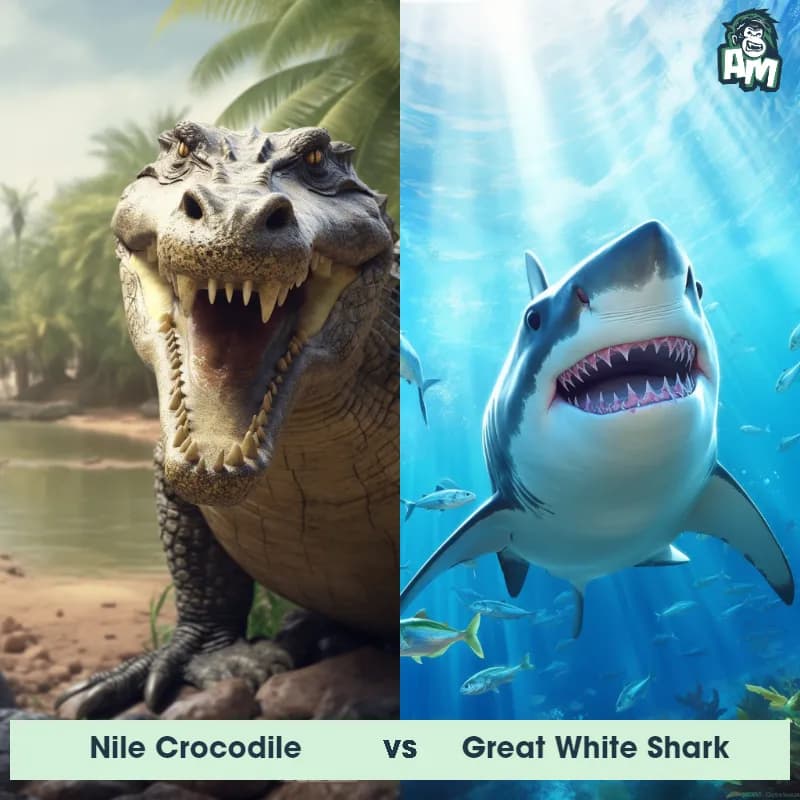
Today's clash brings together two apex predators of the water world. From the rivers of Africa, the powerful Nile Crocodile, a master of ambush. And from the vast oceans, the Great White Shark, the terror of the deep. These aquatic giants now meet in a battle like no other.
Contender 1: Nile Crocodile
The Nile Crocodile, also known as the common crocodile, is a large reptile that can grow up to 20 feet long and weigh over 1,000 pounds. They have a powerful jaw with sharp teeth and a tough, scaly skin that ranges in color from gray to brown. Nile Crocodiles are found throughout sub-Saharan Africa and are known for their aggressive behavior and ability to take down large prey, including humans.
Fun Fact: Nile Crocodiles are known for their incredible strength and are capable of dragging prey weighing up to 1,000 pounds out of the water and onto land.
Contender 2: Great White Shark
The Great White Shark, also known as the white pointer or white death, is a large predatory fish that can grow up to 20 feet in length and weigh over 5,000 pounds. They have a distinctive torpedo-shaped body, grayish-brown skin, and rows of sharp teeth that can number up to 300. Great White Sharks are found in coastal waters all over the world and are known for their powerful jaws and ability to breach the surface of the water.
Fun Fact: Great White Sharks have a unique sense of smell that allows them to detect a single drop of blood in 25 gallons of water, which is equivalent to the size of an Olympic swimming pool.
Matchup Stats
| Nile Crocodile | Great White Shark | |
|---|---|---|
| Size | Up to 20 feet (6.1 meters) | Up to 20 feet (6.1 meters) |
| Weight | Over 1,000 pounds (453.6 kilograms) | Over 5,000 pounds (2,268 kilograms) |
| Speed | Land Speed: 11 mph (18 km/hr) | Speed: 25 mph (40 km/hr) |
| Key Strength | Powerful jaw and strong bite force | Powerful jaws and sharp teeth |
| Biggest Weakness | Slow on land and vulnerable to attacks on the underside of its body | Vulnerable gills and eyes |
Current Votes
Nile Crocodile vs Great White Shark
See Who Wins
View More Matches
Looking For More?
Similar Matches
Scientific Stats
| Nile Crocodile | Great White Shark | |
|---|---|---|
| Scientific Name | Crocodylus niloticus | Carcharodon carcharias |
| Family | Crocodylidae | Lamnidae |
| Habitat | Freshwater rivers, lakes, and marshes | Coastal waters |
| Geography | Sub-Saharan Africa | Worldwide |
| Diet | Carnivorous, eats fish, birds, mammals, and occasionally humans | Carnivorous, primarily seals and sea lions |
| Lifespan | 70 years - 100 years | 70 years - 100 years |
Key Differences between Nile Crocodile and Great White Shark
- Tail Shape: The Nile Crocodile has a long, muscular tail that tapers to a point, while the Great White Shark has a crescent-shaped tail, known as a heterocercal tail, with a large upper lobe and a smaller lower lobe.
- Coloration: The Nile Crocodile typically has a dark brown or olive-green coloration, often with lighter underbellies, while the Great White Shark has a grayish-blue coloration on its upper body and a white underbelly.
- Size: The Nile Crocodile is generally smaller in size compared to the Great White Shark, with an average length of 13-16 feet, whereas the Great White Shark can grow up to an average length of 15-20 feet.
- Skin Texture: The Nile Crocodile has rough, scaly skin with armored plates called scutes, giving it a bumpy appearance, whereas the Great White Shark has smooth, sleek skin.
- Head Shape: The Nile Crocodile has a broad, triangular-shaped head with a prominent snout, while the Great White Shark has a conical-shaped head with a pointed snout and large, serrated teeth.
- Body Shape: The Nile Crocodile has a long, streamlined body with a broad, flat snout, while the Great White Shark has a more torpedo-shaped body with a pointed snout.



